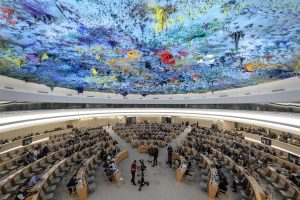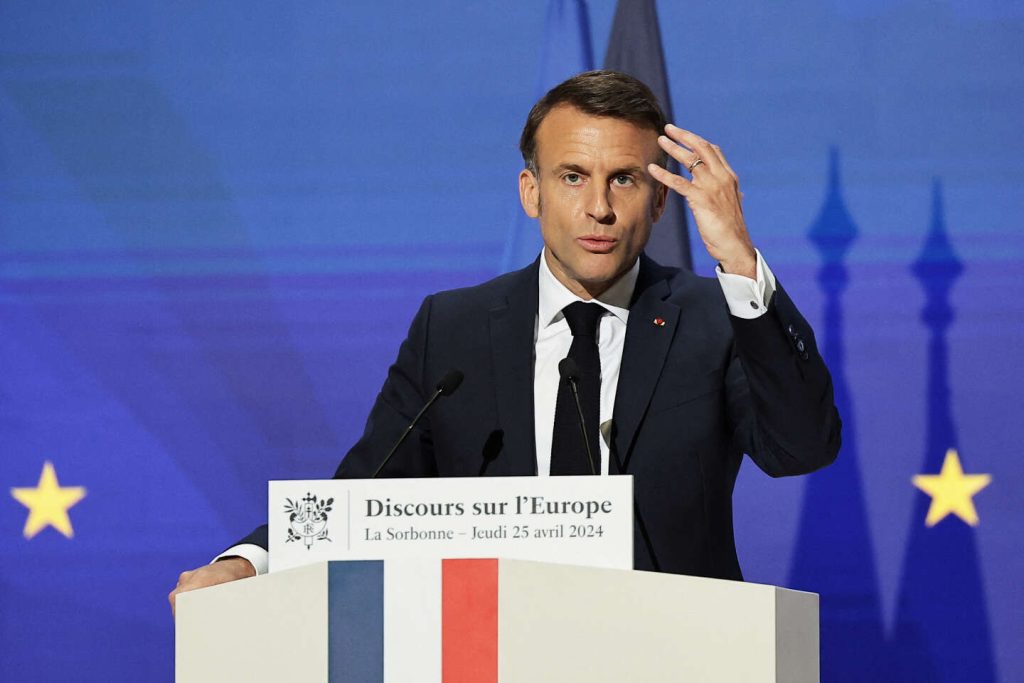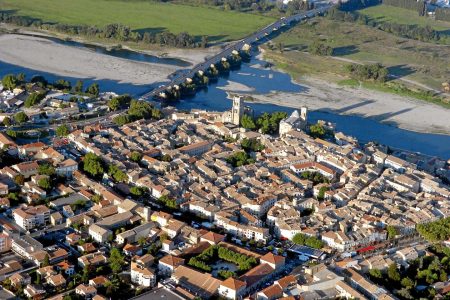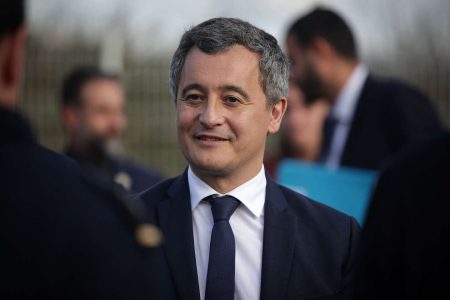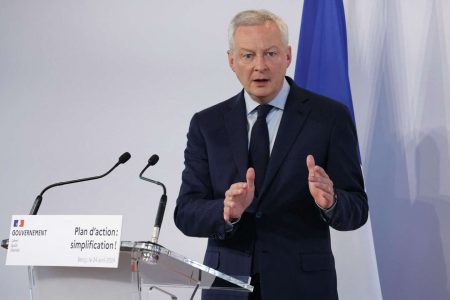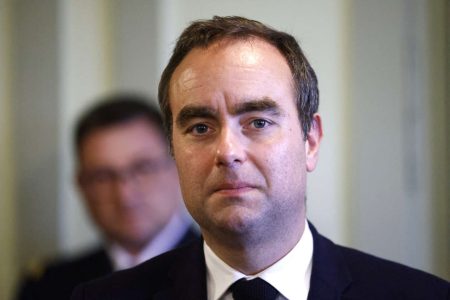In a speech on Europe at the Sorbonne University in Paris on April 25, 2024, President Emmanuel Macron emphasized the critical state of the European Union, warning that it could die. He highlighted the challenges facing the continent, including the war in Ukraine, competition between the United States and China, the digital and ecological transitions, and attacks on liberal democracies. Macron insisted that in order to prevent Europe from disappearing, it must respond with strength, prosperity, and humanism.
During the speech, Macron attempted to illustrate his vision for the EU, mixing rhetoric with concrete proposals. He addressed the rise of far-right movements in Europe, particularly in France where the National Rally party is leading in the polls. Macron warned against the nationalist agenda of these parties, which seeks to challenge the status quo in the EU. He stressed the importance of European unity and condemned any attempts to undermine it from within.
Following his previous calls for a “sovereign Europe,” Macron now advocates for a “Europe of power,” a concept that may be deemed as uniquely French among the twenty-seven EU member states. He proposed the establishment of a credible defense strategy for the continent, combining the European pillar of NATO with a European defense framework. Macron suggested a European defense initiative to develop a common strategy and determine the necessary armaments for the EU.
In addition to the defense proposals, Macron revisited the idea of a European army and suggested the possibility of sharing French nuclear weapons with the EU member states. He emphasized the importance of France’s nuclear deterrence capability in protecting the European continent. Macron also hinted at the potential for a continental missile defense shield, a proposal that had previously been rejected by France when suggested within the NATO framework in response to the conflict in Ukraine.
Overall, Macron’s speech at the Sorbonne laid out a vision for a stronger, more united Europe in the face of internal and external challenges. He called for a collective response to the threats facing the continent, emphasizing the need for solidarity, prosperity, and human values. Macron’s proposals, while ambitious, aim to position Europe as a powerful player in the global arena, capable of navigating the complex geopolitical landscape and defending its values and interests.





